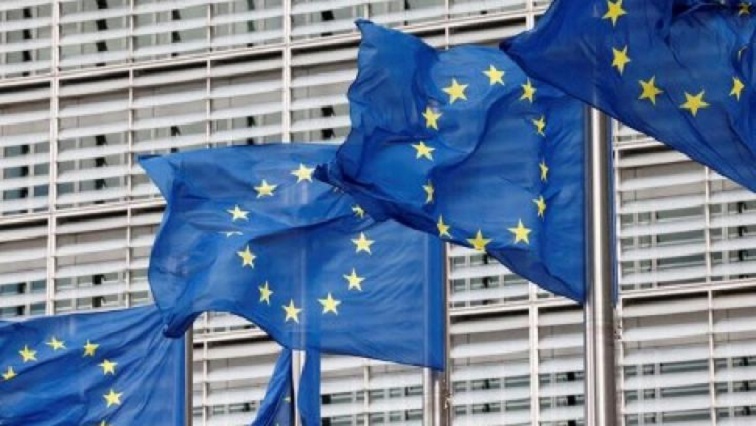The European Union has agreed to a law that sets national targets to reduce overall carbon emissions by the end of the decade across sectors including agriculture, buildings and transport. Negotiators of the European Parliament and the European Council, which represents the 27 EU members, agreed to a deal on the legislation called the Effort Sharing Regulation (ESR) late on Tuesday.
The regulation sets national targets for emission reductions from road transport, domestic maritime transport, heating of buildings, agriculture, small industrial installations and waste management. These sectors, not now included in the EU emissions trading system, generate about 60% of EU greenhouse gas emissions.
The planned law should reduce them by 40% compared to 2005. The law is part of the overall EU plan to cut net emissions by 55% by 2030 from 1990 levels and to achieve climate neutrality by 2050. The ESR is designed to ensure that all EU members contribute to the goal in a fair way.
So richer countries Denmark, Finland, Germany, Luxembourg and Sweden need to make 50% cuts, while for Bulgaria the target is 10%. Countries can trade limited amounts of allowances with others or “bank” some allowances if their emissions were lower in a given year or “borrow” from future years if their emissions were too high.
The law needs approval by the European Parliament and the European Council before it can enter force, although that is normally a given after negotiators agree a deal. The deal is one of three the European Union is hoping to clinch in time for the United Nations climate summit that started in Egypt on Sunday.
The bloc struck a deal last month on a law effectively banning the sale of new petrol and diesel cars from 2035 and on Thursday aims to conclude negotiations on a law to expand Europe’s CO2-absorbing “sinks”, such as forests.
EU reaches deal on national CO2 emission cut targets https://t.co/cuFFVlwjDE
— Devdiscourse (@Dev_Discourse) November 9, 2022






